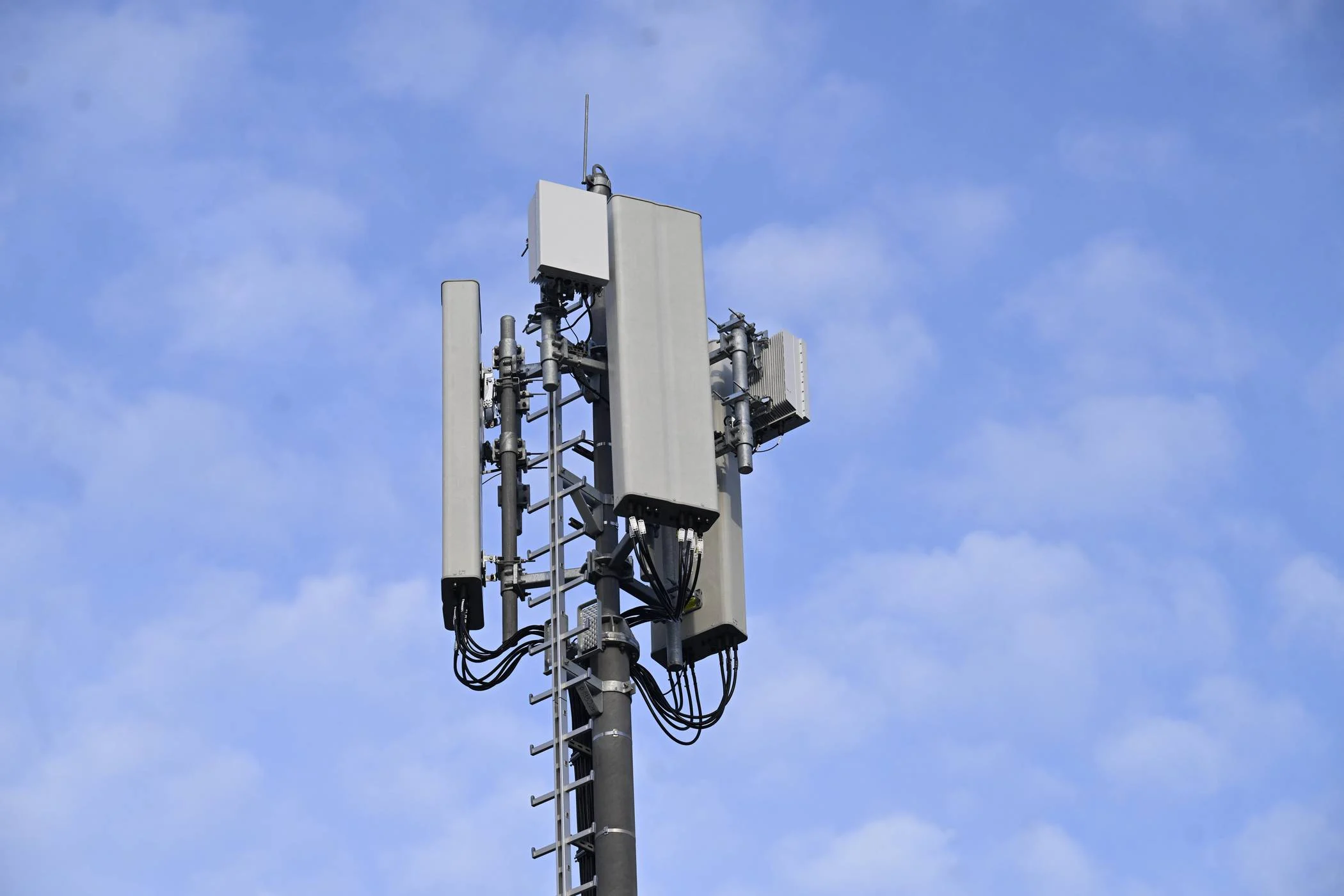
Since yesterday, internet access has been abruptly cut off in Syria’s liberated areas. The shutdown has affected not only civilians but also essential services and Turkish military communications in the region. At the heart of the issue lies a dispute over internet pricing and supply control, which has thrown light on the challenges of ensuring reliable connectivity in a war-torn area dependent on a network of private internet providers.
Currently, internet service in Syria’s liberated areas flows from Turkey through four main suppliers, all of whom source bandwidth from a Turkish company, Telecom Net. One of these Syrian companies, Hat Net, owned by a Lebanese businessman named Mazen, has often been criticized for its unreliable service. Together, the four providers purchase internet bandwidth from Telecom Net at a base rate of 15 cents per megabyte. They then resell it to Syria’s Telecommunications Corporation for 62 cents per megabyte, which subsequently sells the bandwidth to local distributors at a price that eventually reaches around $2.25 per megabyte for local networks and consumers.
Internet enters Syria’s liberated regions via two main channels: satellite dishes, which serve as a costly but essential backup in case of fiber-optic outages, and fiber-optic cables, which are the more common and affordable choice. However, this entire infrastructure has recently been affected by efforts to monopolize and control pricing. Mazen consolidated these four providers under the management of a fifth individual who, reports suggest, has close ties with Turkish parliamentary members. This power shift enabled the providers to act in unison, giving them control over both internet access and prices for Syria’s liberated zones.
Recently, these providers demanded a price increase, insisting that the Syrian Telecommunications Corporation raise the purchase price from 62 cents to $1.75 per megabyte—a steep hike that would immediately impact consumers in an already strained economy. The Syrian Telecommunications Corporation refused, and in response, the providers halted internet service to the liberated areas. This action has been widely perceived as an attempt to coerce the corporation into agreeing to the price increase, with some calling it “economic extortion” of the people.
Following the shutdown, the Syrian Telecommunications Corporation reached out to local judicial authorities in an effort to hold those involved accountable. This included the detention of some local partners in the distribution networks. The corporation also notified Turkish officials to press for legal action against the responsible companies, highlighting the detrimental effects of the interruption on essential services and security in the region.
In a public statement, the Assistant Director of Syrian Telecommunications, Mr. Hisham Darwish, condemned the providers’ move, describing it as an opportunistic “extortion attempt” targeting the region’s vulnerable populations. Mr. Darwish confirmed that the corporation is urgently pursuing alternative suppliers to restore service, with a focus on maintaining prices within reach of the average citizen. Meanwhile, Turkish officials have been asked to investigate the companies involved in this alleged price manipulation and service disruption.
This situation has grown even more concerning, given that the internet disruption coincides with an increase in military activity from the Syrian regime. Many are alarmed that control over internet access could be leveraged as a strategic tool, potentially affecting communications during a critical period. In fact, internet service to Turkish military units in the area was also disrupted, illustrating the broader implications of this power struggle over connectivity.
In response to the crisis, the Syrian Telecommunications Corporation aims to restore service in the coming 24 hours by finalizing new arrangements with alternative suppliers. This incident has underscored the need for Syria’s liberated areas to develop more resilient and diversified infrastructure that is less vulnerable to exploitation by monopolistic providers. The hope is that these legal and operational measures will ultimately prevent similar incidents in the future, shielding essential services from corporate manipulation in a region already dealing with multiple crises.





